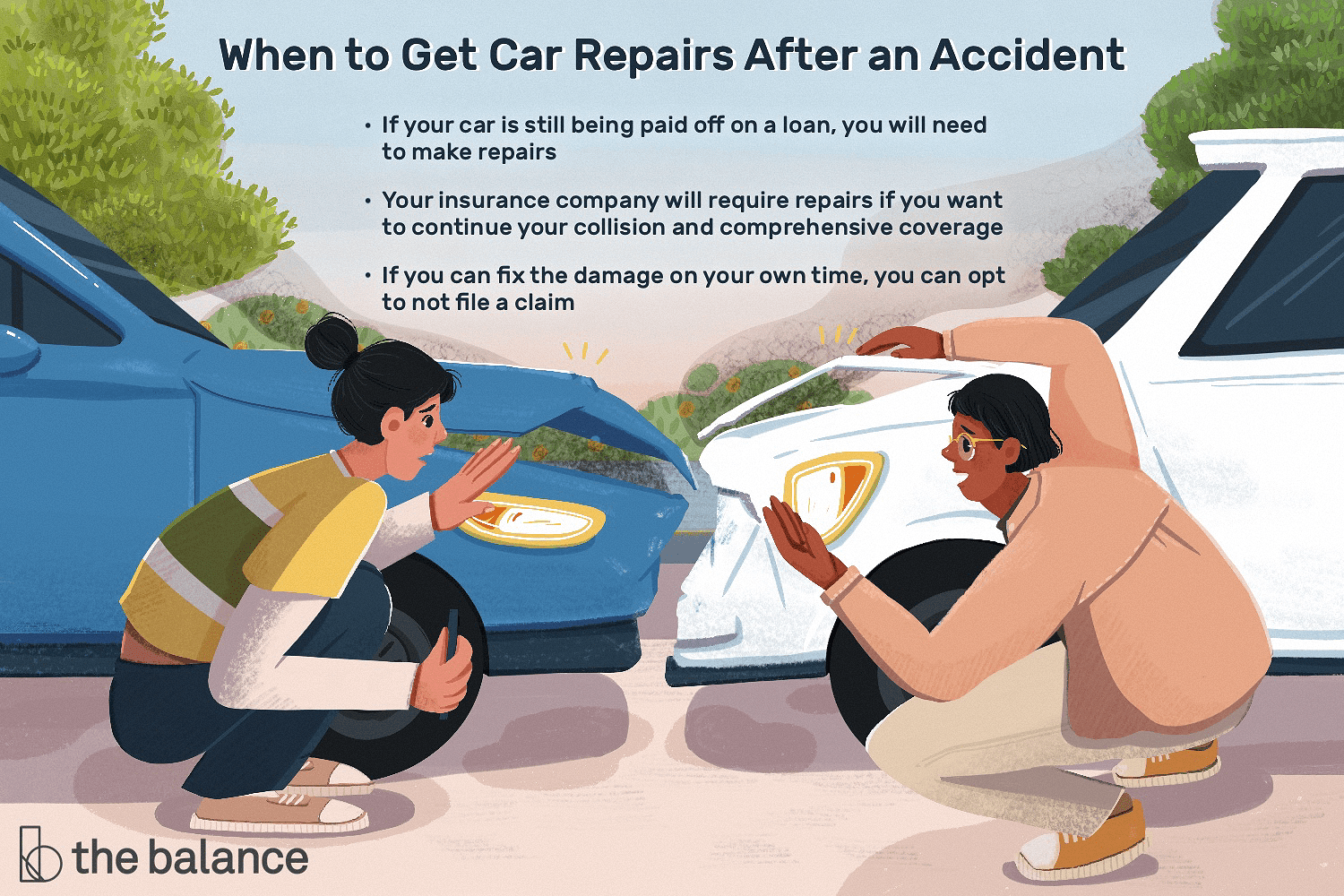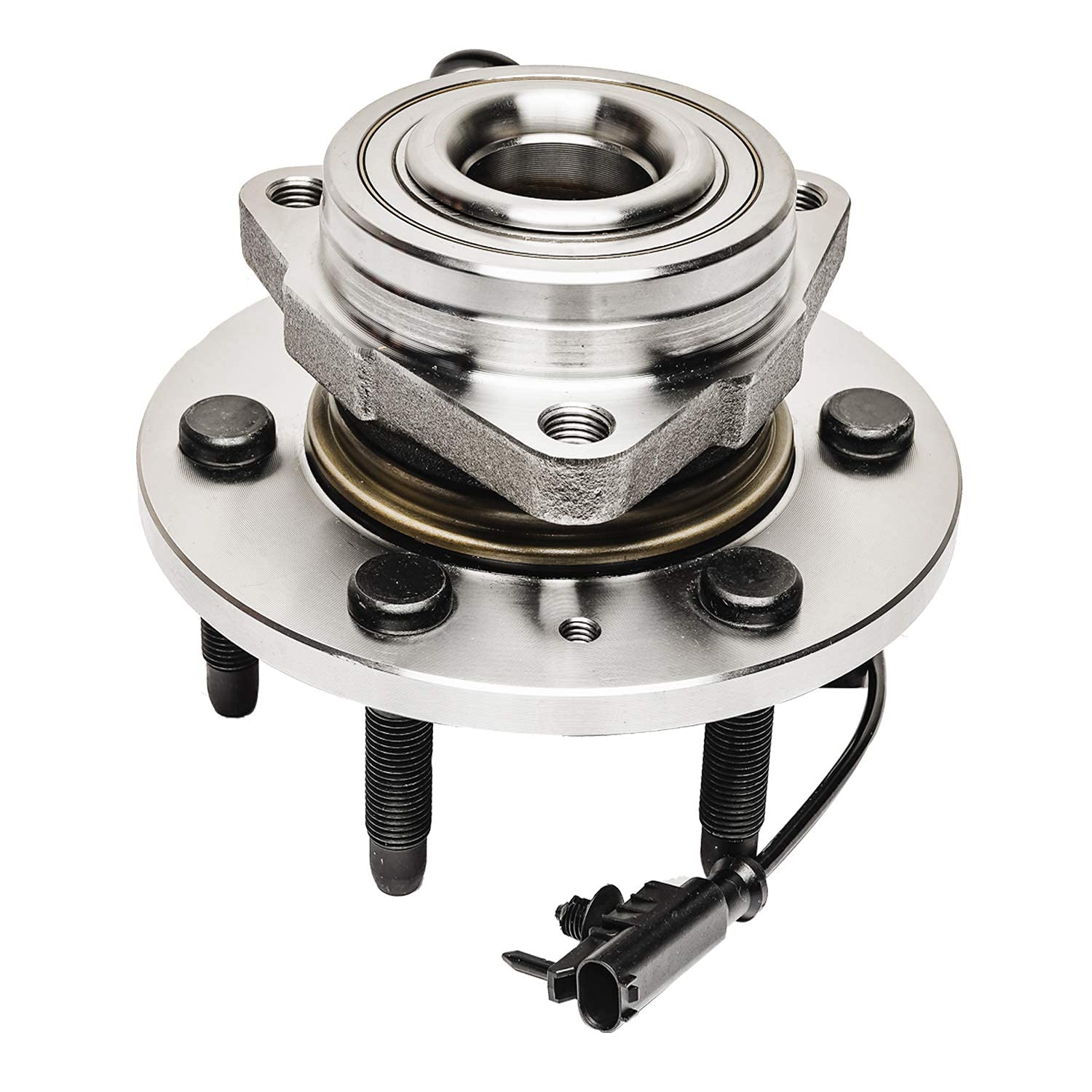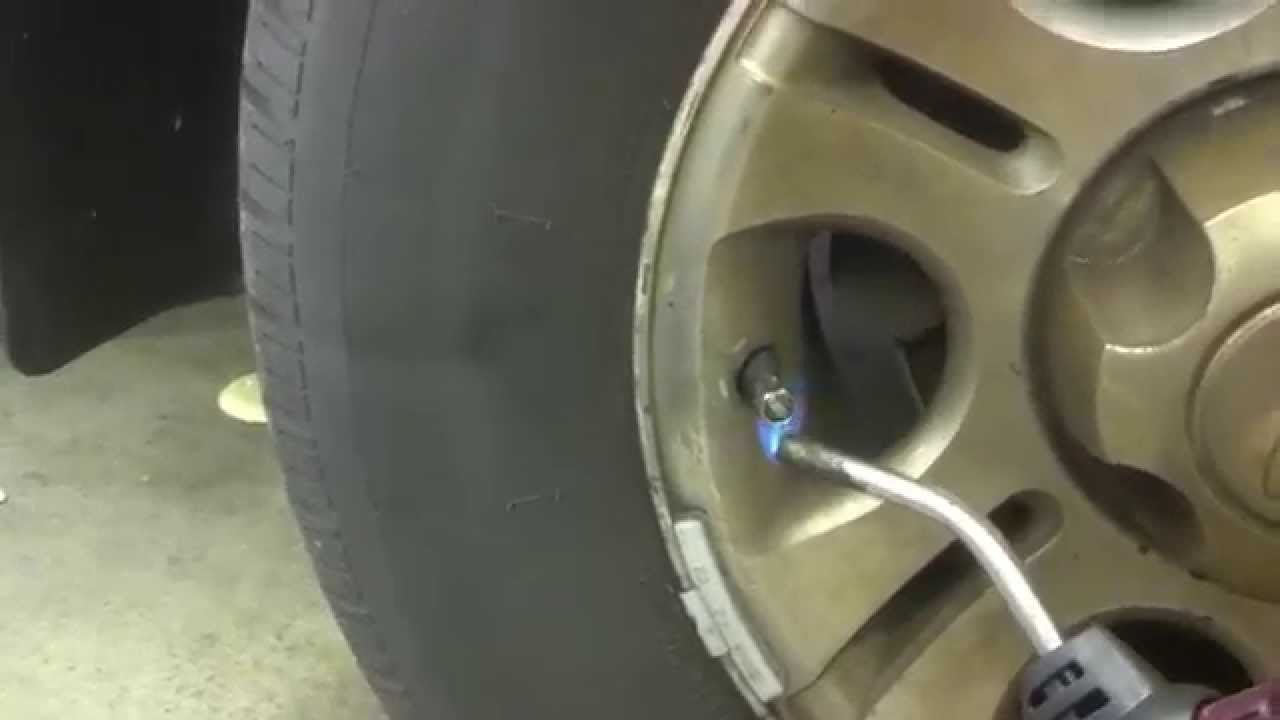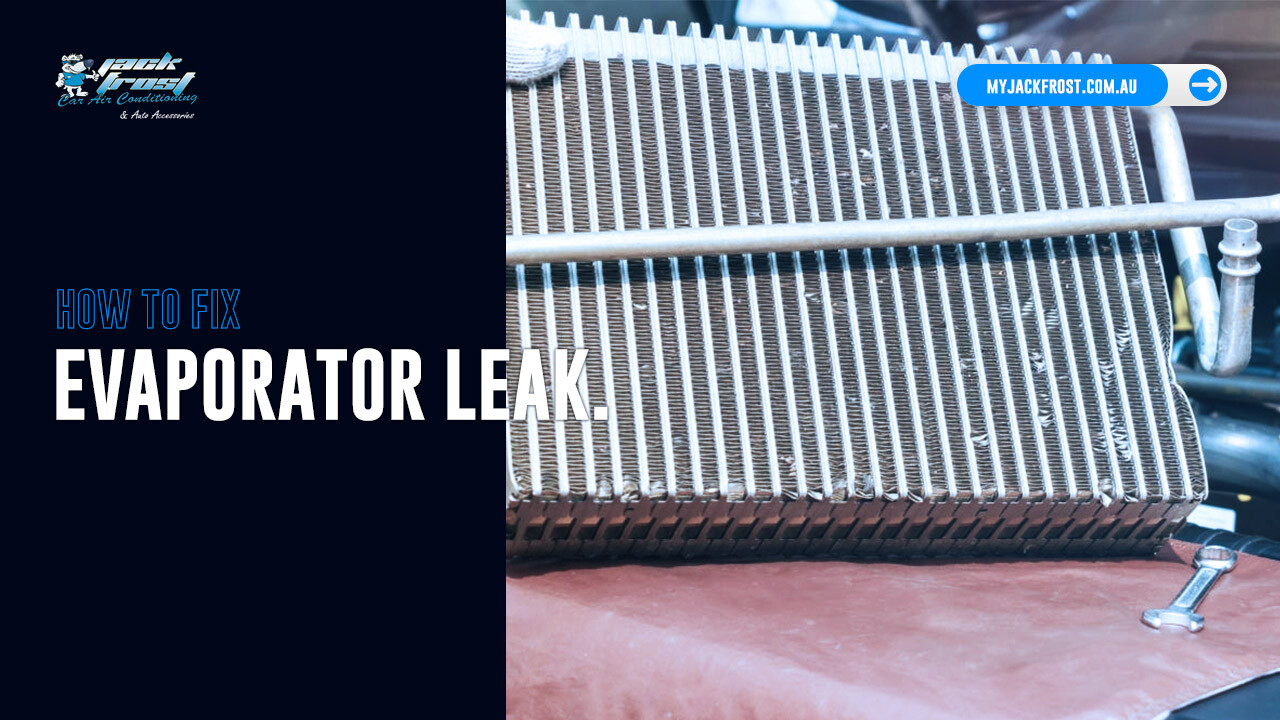How to Get Rid of a Car That Needs Repairs
To get rid of a car needing repairs, sell it as-is or trade it in. Consider donating the vehicle for a tax deduction if selling proves challenging.
Disposing of a damaged or non-functioning car can be a perplexing task for many. You want the solution that is the least hassle while also providing some financial return or at least no cost. Several options exist for owners of such vehicles, from straightforward sales to more philanthropic approaches.
Selling a car ‘as-is’ allows potential buyers to recognize the state of the vehicle upfront, ensuring transparency and often expediting the sale. Trade-ins can offer a hassle-free transition towards a new purchase, even if the trade-in value is typically lower. For those preferring a positive social impact, donating the car to charity not only provides potential tax benefits but also supports a charitable cause. Options are abundant, and choosing the right path will depend on your desire for convenience, financial return, or community contribution.

Credit: www.chegg.com
Assessing The Extent Of Repairs
Assessing the Extent of Repairs begins when you face a tough decision with your car. The journey to getting rid of a car that needs repairs is not always simple. You have to figure out the true condition of your vehicle. Knowing what needs fixing helps you take the right step. Is it time to say goodbye or do you give your car another chance? Let’s dive into understanding how deep the troubles run.
Estimating Repair Costs
Knowing potential repair expenses is vital. A mechanic can provide a detailed report. Make sure to get a written estimate. This list should include:
- Parts that need replacement
- Costs for labor
- Time required for the repair
Consider multiple quotes to find the best price. Don’t forget to weigh the repair cost against the car’s worth.
Determining The Car’s Value
Understanding your car’s current value is essential. Online tools like Kelley Blue Book can provide an estimate. Factors affecting the value may include:
- Car’s make, model, and year
- Current market demand
- Mileage and overall condition
Compare the repair costs to the car’s worth. If costs exceed value, it might be time to move on.
Next, we will explore options like selling, trading-in, or recycling your car. Each has its benefits depending on your car’s state and your needs.
Options For Selling A Damaged Car
Discovering how to part ways with a car needing repairs can be as daunting as the repairs themselves. Owners face several pathways, each with its benefits and drawbacks. Understanding the options for selling a damaged car is crucial for a hassle-free experience. Evaluate the methods below to determine which one aligns with your needs.
Private Sale Prospects
Selling your car privately could maximize your profit. This option allows you to set the price, but it also requires a good-level of negotiating skills. You’ll list your car online or through local classifieds. Be honest about the car’s condition. Use bullets for clear, concise benefits:
- Set your own price
- Potential for higher payout
- Direct control over the selling process
Remember, buyers might want to inspect the car or request a mechanic’s evaluation. Prepare for this.
Trade-in Opportunities
Dealerships offer trade-ins, providing a quick and easy transaction. This method saves time, but usually offers less cash than a private sale. They’ll assess your car’s value and subtract repair costs from the trade-in amount. Highlighted benefits in a table:
| Trade-in Benefits |
|---|
| Fast process |
| Convenience |
| Immediate use towards another car |
Consider this route if you prefer speed over maximum profit.
Selling To A Junkyard Or For Scrap
If your car is beyond repair, consider selling to a junkyard or for scrap. They’ll typically offer a flat rate based on weight, not condition. No need to stress over car’s appearance or mechanical issues. List the process steps:
- Find a reputable junkyard or scrap dealer.
- Get a quote based on your car’s weight.
- Schedule a pickup or drop-off.
This option is fast and straightforward, and it helps you avoid any selling hassles.
Preparing The Car For Sale
Preparing a car for sale can dramatically increase its attractiveness to potential buyers—even if the vehicle needs repairs. Ready to transform your old ride into a sought-after lot? Follow these essential steps:
Cleaning And Presentation
A clean car makes a stellar first impression. Begin with a thorough wash, tackling both the exterior and interior. Remove personal items and vacuum the upholstery. Wax the exterior for that extra shine. Don’t forget to clean the windows for visibility and the wheels for a finished look. Present your car at its absolute best!
- Exterior wash: Shampoo, rinse, and wax.
- Interior: Vacuum and detail.
- Wheels: Scrub and shine.
Compiling Maintenance Records
Gather every repair receipt and maintenance record you have. These documents tell the story of your car’s care and can reassure buyers of its history. Organize these records chronologically in a folder for easy review.
| Date | Service Performed | Cost |
|---|
Transparency With Prospective Buyers
Be upfront about the car’s condition. Disclose all known issues. This honesty builds trust and can prevent post-sale disputes. Provide a fair assessment of any required repairs and offer the collected maintenance records to back up your claims.
- Document issues: List out all known problems.
- Proof of maintenance: Show off your organized records.
- Honest communication: Be open and clear.
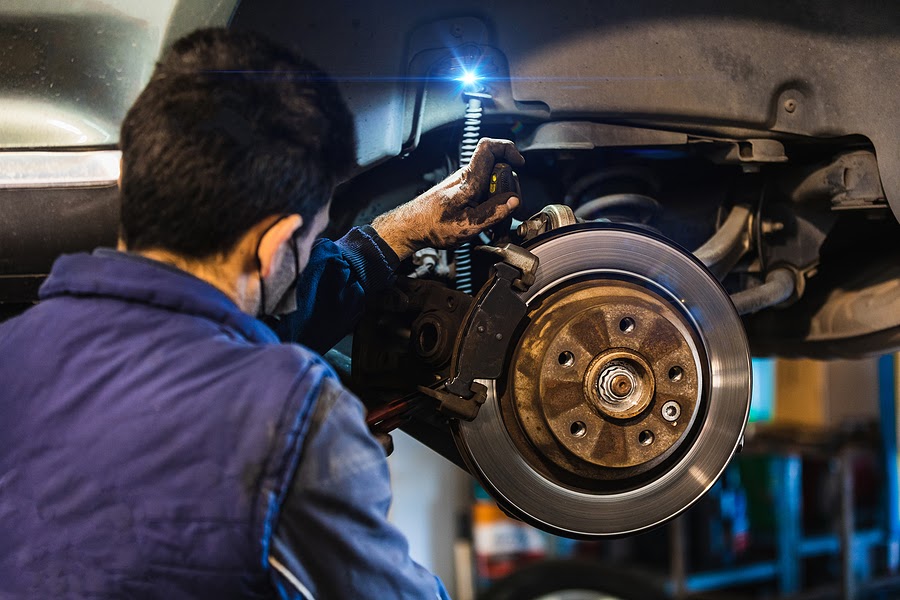
Credit: www.georgewall.com
Donation As An Alternative
Got a car needing repairs? Think about donating it! It’s a kind move and can help clear your driveway. Plus, you may even get a tax break. Before you decide, understand the whole process.
Understanding Tax Deductions
Donating your old car could bring benefits at tax time. When donating to a qualified charity, the IRS allows you to deduct its fair market value. Always keep donation receipts. They are your proof for the IRS. Get an IRS Form 1098-C from the charity. It details your donation.
- Check the charity status: Ensure it’s IRS-approved.
- Appraise your car: Know its value before donating.
- File your taxes: Attach Form 1098-C to your tax return.
Choosing The Right Charity
Select a charity wisely. It should be trustworthy and align with your values. Here’s a step-by-step guide:
- Research charities that accept cars.
- Verify their 501(c)(3) status for tax deductions.
- Read reviews and check their work.
- Contact the charity and ask how they’ll use the car.
Donate with confidence. Your car can help a charity and bring you tax savings. Make the smart choice!
Creative Solutions
Is your car begging for repairs at every turn? You’re in luck! We have some creative solutions that can turn your auto woes into auto wins. No more stressing about that clunker; let’s dive into ways to shake free from repair despair.
Parting Out The Vehicle
Transform your car into a treasure trove of parts. This strategy means you sell different car components separately. Many folks search for individual car parts. You might make more cash this way than selling the car as a whole. See the easy steps below:
- Identify valuable parts like the GPS, engine, or gearbox.
- Advertise parts online or to local mechanics.
- Sell them piece by piece.
Environmental bonus: This reduces waste, as parts get recycled!
Diy Repair Projects
Got some handy skills? Take on a DIY project to fix up your car. Even basic know-how can lead to fixing minor issues. This can boost your car’s value. Roll up those sleeves and:
- Watch tutorials for small fixes.
- Invest in necessary tools.
- Repair what you can confidently handle.
One successful repair might inspire a fun new hobby or even turn into a profitable side gig.
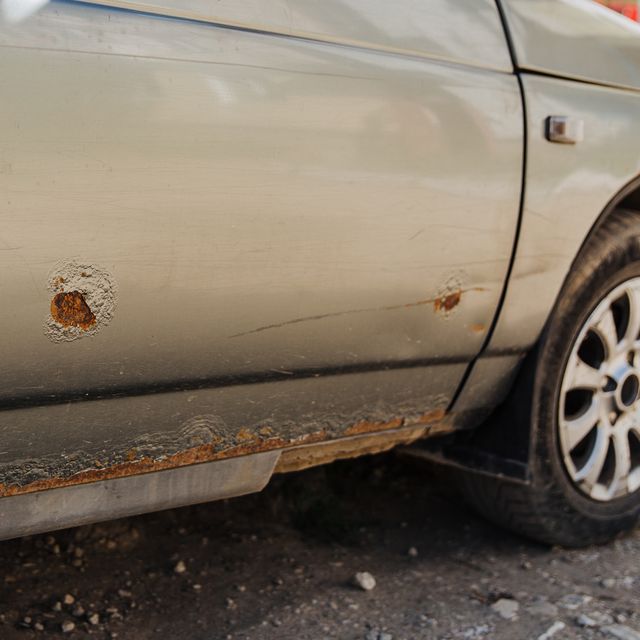
Credit: www.popularmechanics.com
Legal And Regulatory Considerations
Legal and Regulatory Considerations require attention when saying goodbye to a repair-needy car. Beyond the wrench-turning, paperwork is a critical aspect of the process. Understanding and adhering to legal requirements helps ensure a smooth and legitimate transaction. Let’s delve into the specifics:
Handling License Plates And Registration
- Check local DMV policies: Every state has unique rules. Look up the procedures online.
- Remove plates: Before transferring ownership, remove your vehicle’s license plates.
- Notify DMV: Alert your DMV of the sale and turn in or transfer the plates, if required.
- Cancel insurance: Once sold, cancel the car’s insurance to avoid extra charges.
Required Disclosure For Sellers
- Be transparent: Inform buyers of all known issues.
- Document defects: Provide a written list of repairs needed.
- Maintain records: Keep copies of repair histories for the new owner.
Finalizing The Sale Legally
To finalize the sale correctly:
- Prepare a bill of sale: This document outlines details like price and condition.
- Transfer title: Sign and date the title. Fill in the buyer’s information.
- Report to DMV: Submit a release-of-liability form to the DMV promptly.
Frequently Asked Questions Of How To Get Rid Of A Car That Needs Repairs
Is Selling A Damaged Car Possible?
Yes, selling a damaged car is possible. Many junkyards and salvage yards purchase cars for parts or scrap. Additionally, private buyers may be interested if they’re looking for a project or specific parts.
What Steps To Take Before Selling A Repair-needy Car?
Before selling, gather your car’s paperwork, assess its condition, and remove personal belongings. Get repair estimates to inform potential buyers and consider if selling parts individually could be more profitable.
Can I Trade In A Car Needing Repairs?
Trading in a car that needs repairs is an option. Dealerships accept such cars, but expect a lower trade-in value. Ensure to disclose all issues transparently to avoid future complications.
How To Maximize Value When Selling A Broken Car?
To maximize value, clean the car, have the documentation ready, and research its worth. Consider selling to specialty buyers who value your model or sell it for parts if that’s more profitable.
Conclusion
Selling a repair-needy car can be a smooth process. Explore your options, from trade-ins to recycling, and choose the best fit. Stay informed on values and legalities to secure a fair deal. With the right strategy, you can efficiently move on from your old vehicle and embrace new opportunities.

